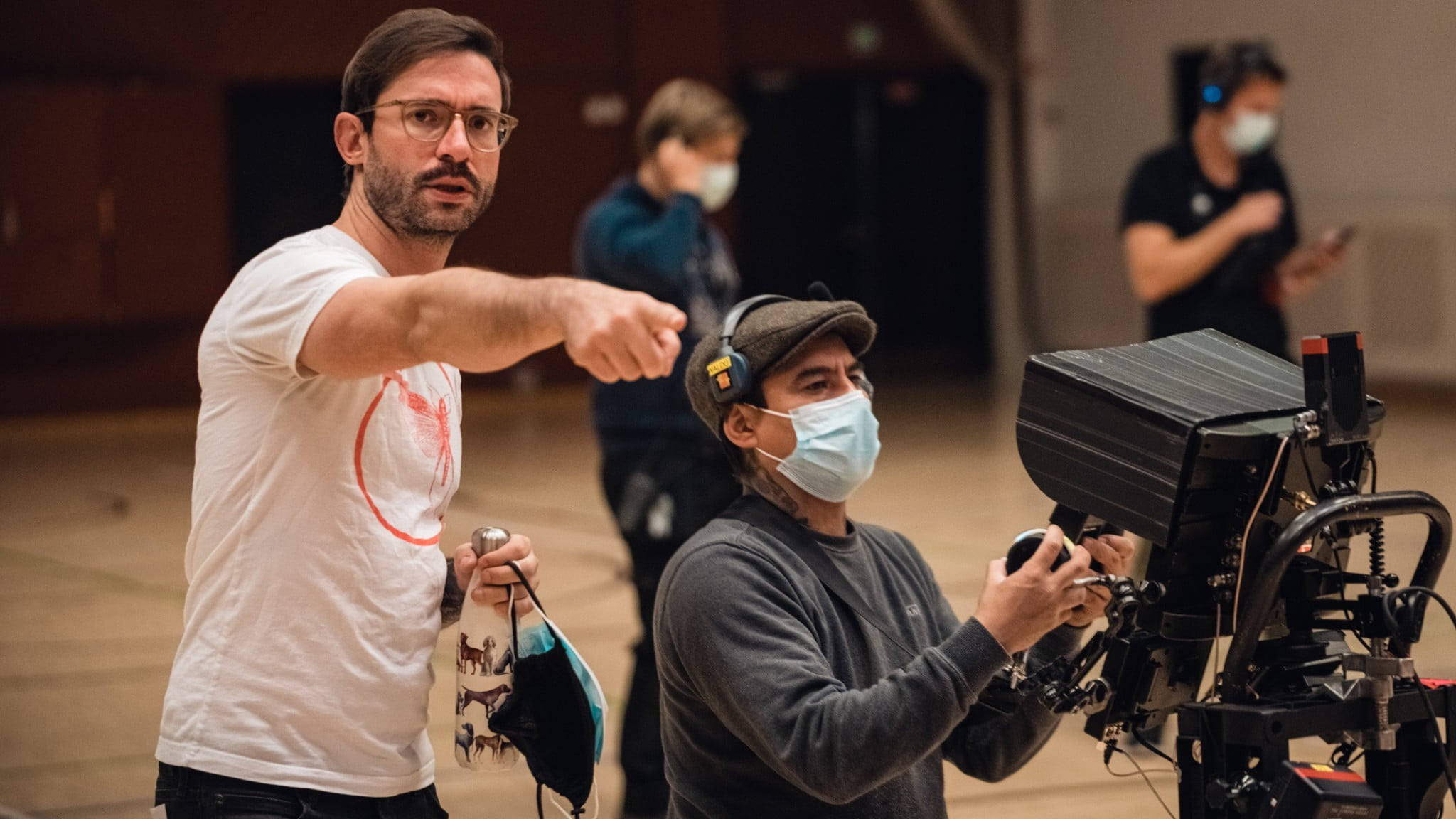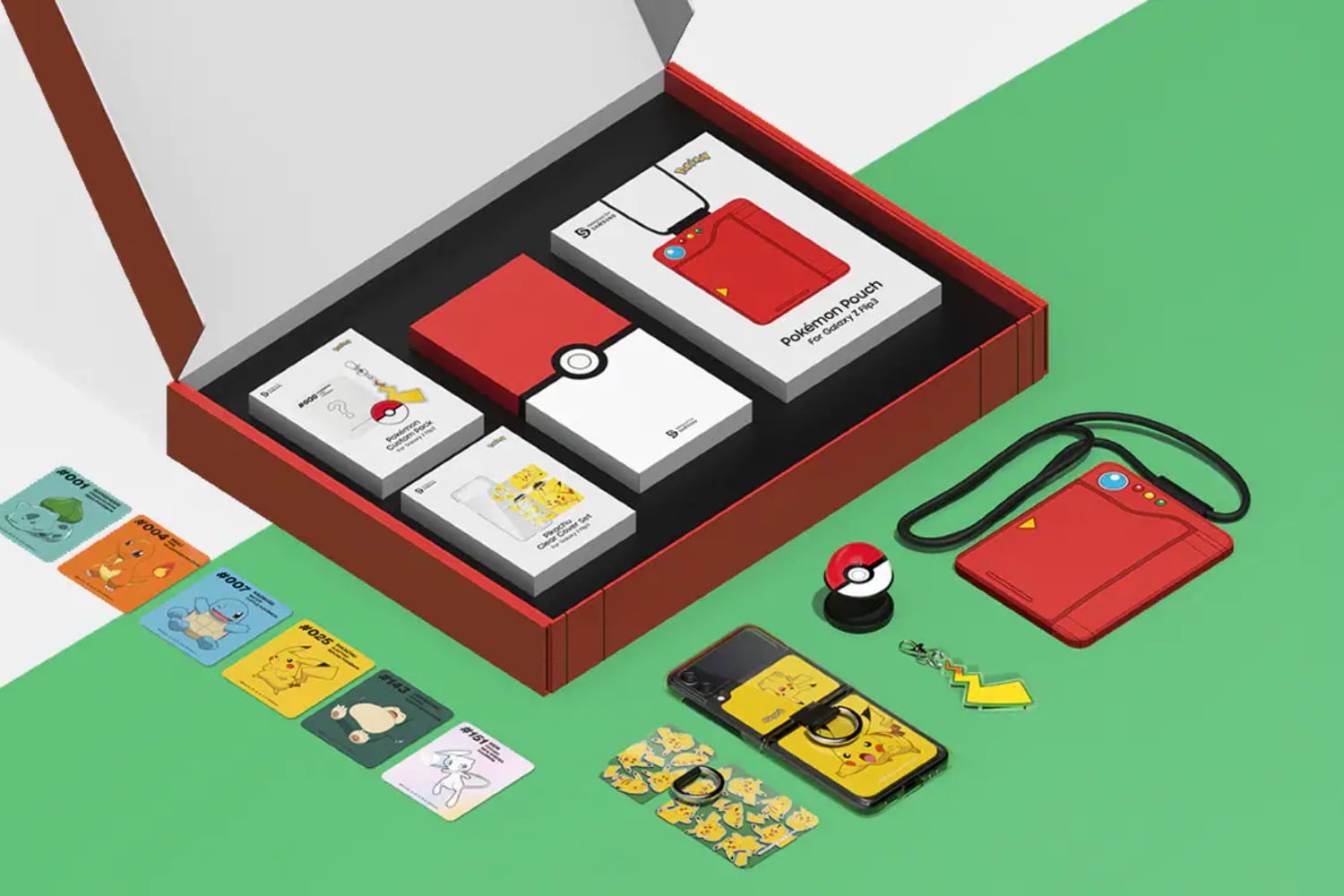Riley Stearns makes movies that are hard to classify and impossible to forget. His debut feature, Faults, and his follow-up, The Art of Self-Defense, could be characterized as a drama and a karate movie, respectively, but neither designation does justice to the intensity, and dark comedy, that exists in both films. His third feature, Dual, is no different, as Stearns takes the sci-fi concept of a woman trying to kill her own clone and makes it something stranger, blending deadpan humor with a subtle critique on capitalism, reality television, and the slippery nature of identity.
Digital Trends recently talked with Stearns about Dual, why he chose to work with Karen Gillan, and why he thinks his latest film isn’t just a science fiction movie. He also talks about the challenges of making the movie during the COVID-19 pandemic and why horror may be the next genre he works in.
Note: This interview has been lightly edited for length and clarity.
Digital Trends: You mentioned in previous interviews that you were inspired to make Dual because you wanted to see an actor play against themselves. Where did that idea come from?
Riley Stearns: The idea of putting an actor in front of themselves and having that situation play out came from a short that I wanted to make between Faults and The Art of Self-Defense called Niche that I never actually made. At the end of that short, the lead character ends up being in a time loop and he has a brief interaction with himself. I really liked that idea but I knew that it wasn’t a feature-length idea just yet. So I asked myself: “What am I going to do with it now?” That was the kernel of an idea that eventually became Dual.
How did you recruit Karen Gillan for the lead roles?
We’re at the same agency and her name came up at one point and I remember thinking “She’d be really cool in this movie.” I haven’t seen her in anything like this before. So we had coffee, and by the end of it, I was like, “She’s a great person.” We didn’t have to just talk about the movie. You can talk about life, you can talk about your friends and family and what you’re working on. I knew that she was talented so it wasn’t a matter of if she can do it, it was more like what is she like as a human being? And I value that so much. Life is short. When you work with people who you don’t get along with or who aren’t there for the right reasons, you’re really selling yourself short. And I just liked that she really cared. By the end of the meeting, I just asked her “Do you want to do this?” And she said yes. It was that easy.
Your previous features have been largely dramas or comedies. What interests you about the science fiction genre as a filmmaker?
As a moviegoer, I just love science fiction films, period. I like to think of my films as dark comedies in their own way. While Dual has a science fiction element to it, I wouldn’t actually call it a science fiction movie. I think that it happens to take place in a space that has science fiction going on, but it’s not about the duel to the death. It’s about the interpersonal relationships between these characters, and all the science fiction stuff is just the setup for that. You can call The Art of Self-Defense a karate movie, but I feel like that’s selling the movie short. I think that there’s way more going on there than just a karate movie. I think that it happens to be a movie that has karate in it, if that makes sense.
Absolutely. There’s a grand tradition of “The Double” in cinema, from Brian De Palma’s Sisters to Christopher Nolan’s The Prestige, to name just a few. What do you think Dual adds to this subgenre?
That’s a tough question. I’ve always been a fan of doppelganger or clone films, but I wanted to come in and add a fresh perspective [to the genre]. I think that I did that, for better or for worse. Some people might not agree with the my chosen perspective, but it’s what I wanted to bring to it. You can go the really big-budget route where you’ve got Will Smith fighting his clone on a motorcycle [in the Ang Lee movie Gemini Man]. You can enjoy that for what it is, it’s entertainment. But my version of it was a lot smaller by design. It’s more about where you’re going in life. When you’re presented with this “better” version of yourself, do you just accept it or do you say, “Well, I need to better myself, too.” I think that’s why the film needed to be a clone movie. Sarah is literally confronting herself. And then figuratively, she gets to confront her choices and that furthers her as a person.
What was the biggest challenge for you with this film?
The first thing that comes to mind is that we shot this at the height of the pandemic. We prepped and shot in Finland around August of 2020. There were no vaccines yet. At that time, there were only 3,000 cases in Finland out of 5 million people. But still, it was very, very terrifying. Every day you show up, you start thinking this could be the day that we get shut down. Always having that weight on your shoulders and knowing that one of the people in our crew and or myself could get COVID, it was terrifying. But at the end of it all, I think we followed the safety procedures as well as possible. And we’re always very, very diligent about testing. We ended up with a shoot that while it has hard days, it ended up being the smoothest process I’ve ever had making a film. This one just ran on time and ran efficiently, and I definitely had that crew to thank for that.
If you had to fight your clone to the death, what would you do to defeat him?
So hopefully my clone wouldn’t know jujitsu, which I’ve been doing for nine years now. I would want an unarmed combat situation. Like Aaron Paul’s character, Trent, in the film, I would probably try to blow up a weapons cache so that I could then make it an unfair fight with just our bodies. Now, if a gun comes into play or a weapon, I’d probably get killed pretty easily.
Is there any chance of a feature-length version of You Always Kill The Ones You Love, the short horror movie parody featured in Dual?
I loved making that thing. It took about four hours to shoot that. I told the crew that it was going to be like 20 setups for this one short period of time, relatively speaking. And everyone was just like, “What the hell? There’s no way we’re going to get through all that.” And I told them that we’re doing one take of each shot. That’s all we did. We basically treated it like we were shooting on film in the ’80s and that we had zero budget for multiple takes. So we shot everything as quickly and as simply as possible.
That film was so much fun to shoot. I love that there is a sequel in the world of Dual. Maybe there’s a potential for that to end up in a movie down the line. And I love that Trent says it’s a worse film, but it’s even more violent, like that’s a good thing.
What movies did you have in mind when you filmed You Always Kill The Ones You Love?
I would say a lot of those campy ’80s horror movies. For the blood effects, I told Salla [Yli-Luopa], our special effects makeup artist, to think like Dario Argento and use blood like in Suspiria. Yeah, we went very neon for that. A lot of that film stock from the ’80s was really, really shitty too. There was a time when Kodak was just like making stuff that didn’t look as expensive, so we really tried to approach it that way, too. And then Emma Ruth Rendell’s score for that section channeled Suspiria and that Italian sort of horror space. It was one of the most fun parts about the shoot.
The score was very Goblin-esque in that section.
Yeah, exactly! I’m glad you caught that.
I know you worked in a lot of different genres, so maybe your next film can be a horror film?
I would love to do something with horror. I’ll never do a film that is straight horror or drama. There’s always got to be an element of it that subverts the expectations of what that genre is supposed to be. And while I love to watch a straight horror film and I love the genre in general, I think I would only do it if I came at it from an alternate sort of perspective. Maybe people would think that is pretentious, but I feel like that’s being true to myself. I would love to figure something out at some point.
Dual is out now in theaters and will be available to rent or purchase on digital and on demand platforms as well as to stream on AMC+ May 20.


